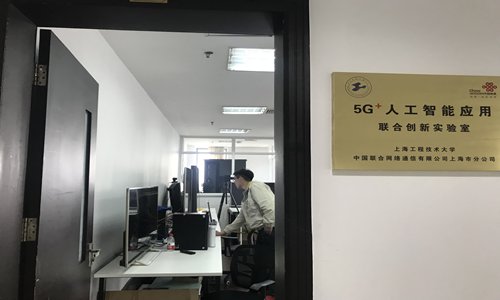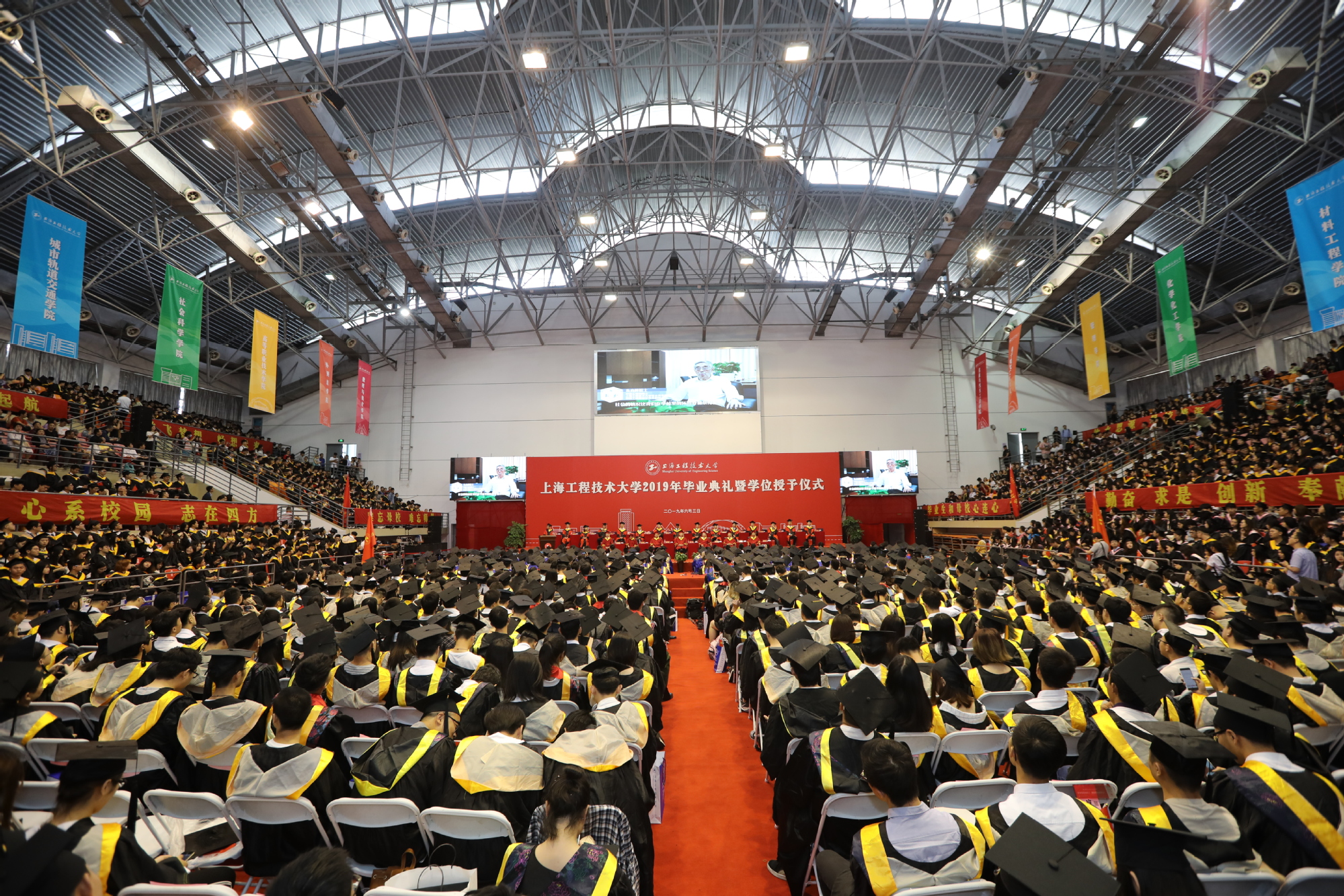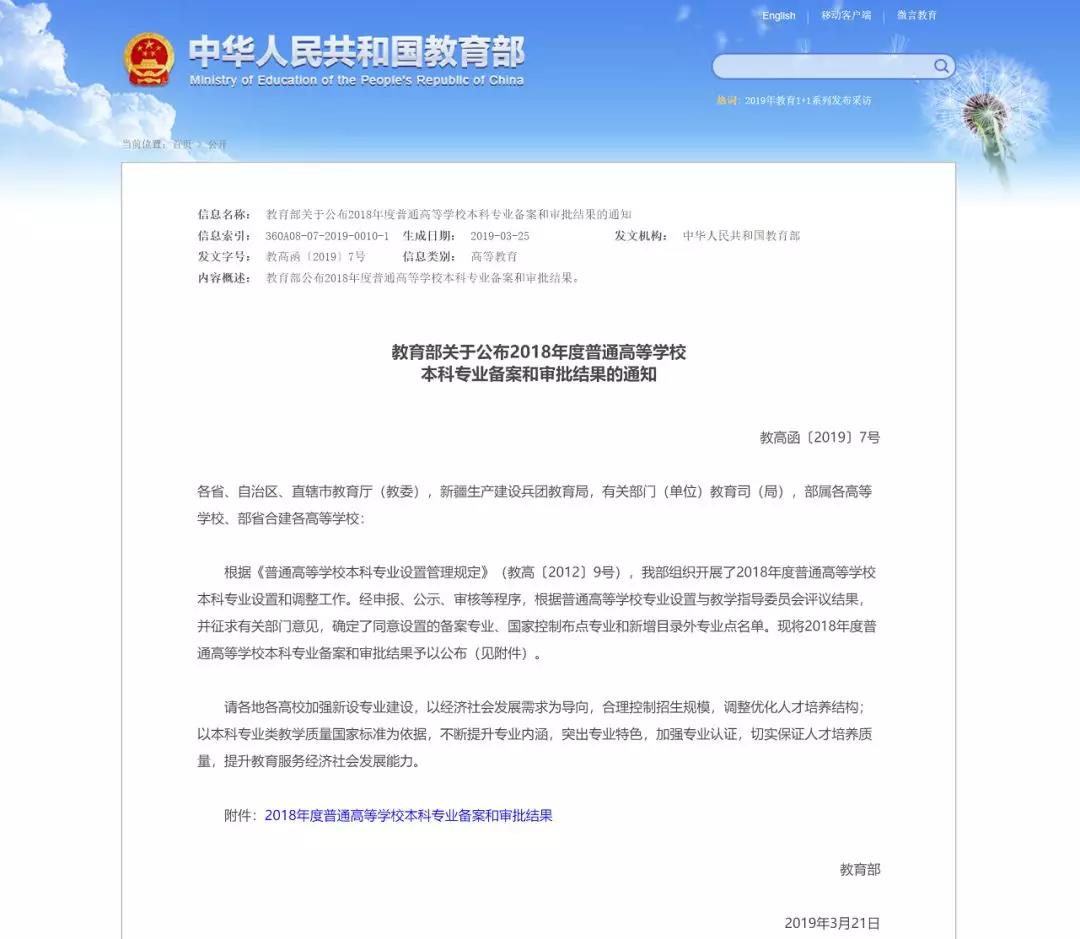

A 5G+artificial intelligence application innovation laboratory, which was set up by the Shanghai University of Engineering Science and the Shanghai subsidiary of China Unicom on Thursday Photo: Xie Jun/GT
Quiet lawns and playgrounds, students riding bicycles... it seemed to be an ordinary campus scene at the Shanghai University of Engineering Science on Thursday morning, but changes were taking place invisibly because of 5G.
Currently, 98.6 percent of the Shanghai-based university is covered by 5G signals, which means that people who have 5G mobile phones can download a high-definition video within seconds in the university.
The 5G university is the latest effort made by domestic telecom operators to set up their 5G test zones. China Mobile on February 18 turned the Shanghai Hongqiao Railway Station into a 5G railway station by building an ultra-fast 5G network there.
So far, five outdoor 5G base stations have been built at the Shanghai University of Engineering Science by the Shanghai subsidiary of China Unicom. Some of those stations are on the rooftops of campus buildings alongside existing 4G base stations, according to information provided by the company to the Global Times.
The company has also worked with the university to set up a 5G+artificial intelligence application innovation laboratory that officially opened on Wednesday morning. The research team in the laboratory will focus on the industrial applications of 5G networks.
Such applications include panoramic monitoring and tracking, autonomous driving, drone inspection and so forth, said Fang Zhijun, dean of the School of Electronic & Electrical Engineering at the Shanghai University of Engineering Science.
Some of those applications have already been tried out, with quite impressive results. For example, a Beijing-based hospital carried out the country's first 5G-based remote surgery on March 16, according to domestic media reports.
Those applications will also be used in different scenarios on the campus, such as remote, real-time teaching and unmanned security vehicles that will patrol the university, a representative of the school told the Global Times on condition of anonymity.
But for the most popular application of 5G networks - mobile phones - there still seems to be some distance to go.
The government has not issued any temporary or permanent 5G licenses to domestic telecom operators, which would allow them to put 5G systems into large-scale commercial use. Besides, no 5G mobile phones are on the market yet, domestic telecom expert Xiang Ligang told the Global Times.
But both the government and companies are pushing for the goal of 5G commercial use. Chinese technology company Huawei launched a foldable 5G-ready smartphone priced at about 2,299 euros ($2,620) on the eve of the 2019 Mobile World Congress on February 24.
The government might also issue the first temporary 5G licenses in May for domestic telecom operators to carry out internal tests on 5G mobile phones, Xiang said.
Once 5G is put into large-scale commercial use in China, its applications will largely change people's lives. For example, there may be autonomous driving delivery vehicles with the help of 5G networks, which might replace the numerous couriers we see nowadays, Xiang said.
The original link:
http://www.globaltimes.cn/content/1143032.shtml?from=groupmessage&isappinstalled=0





















